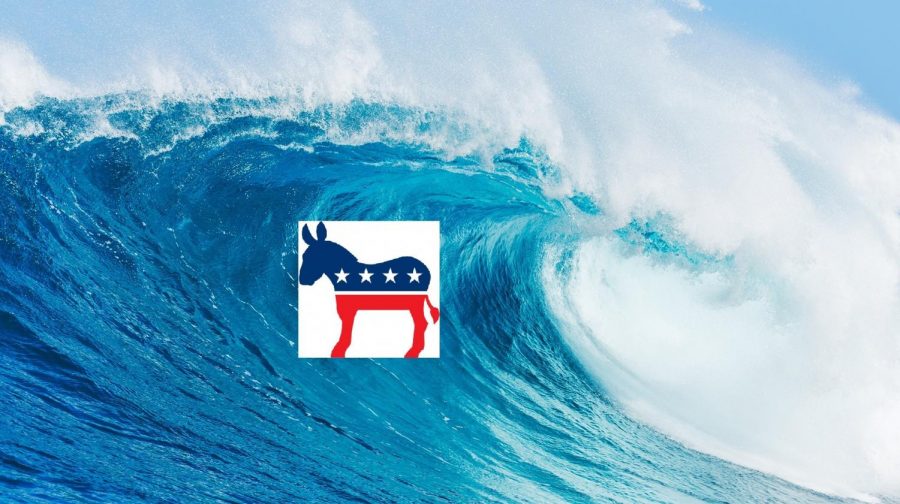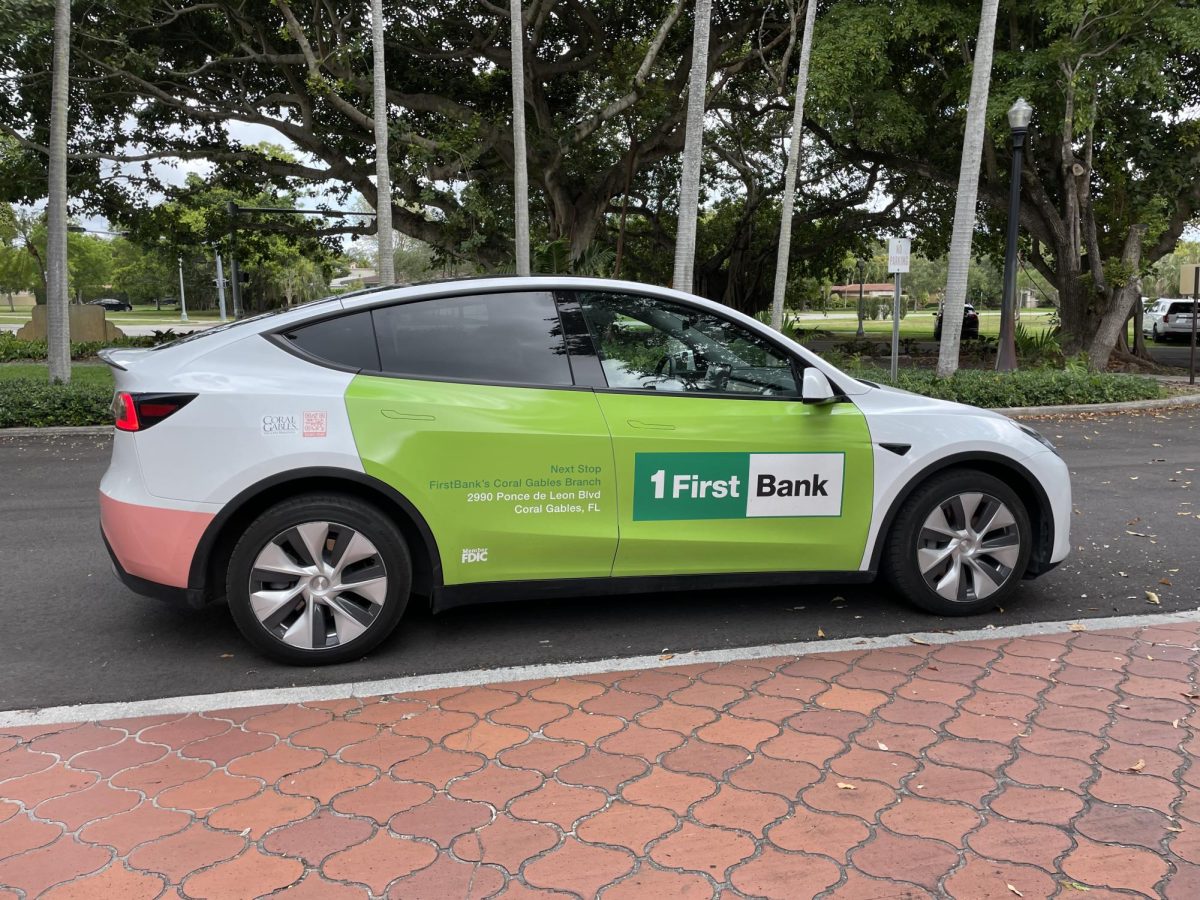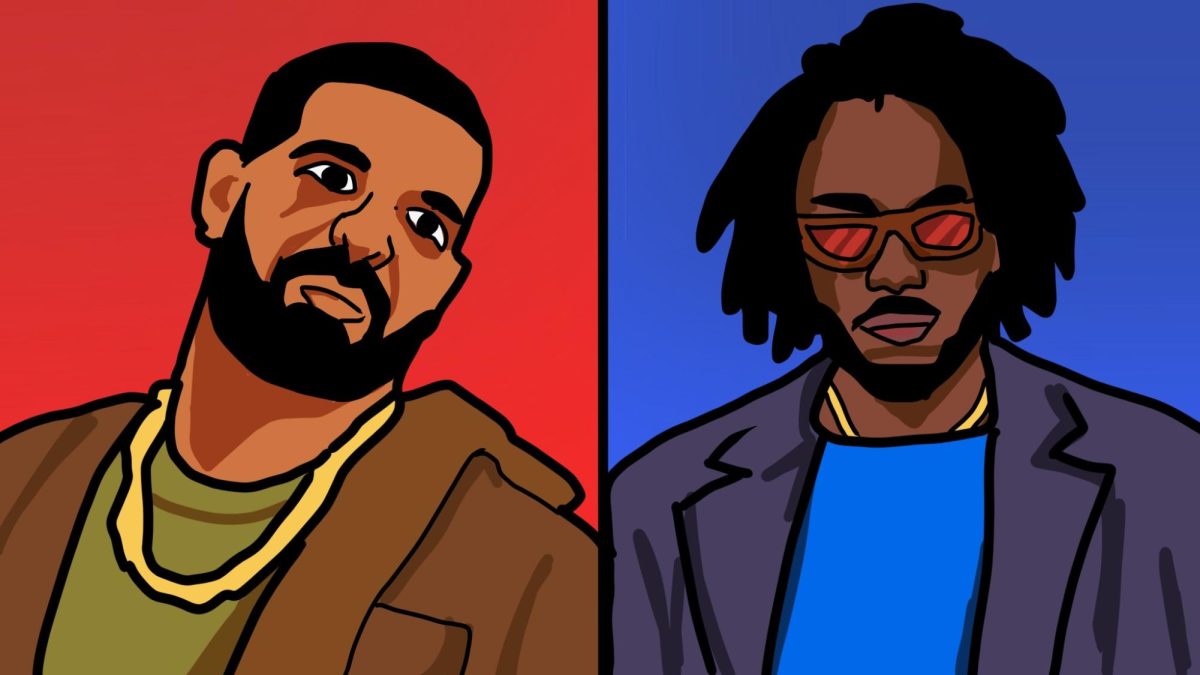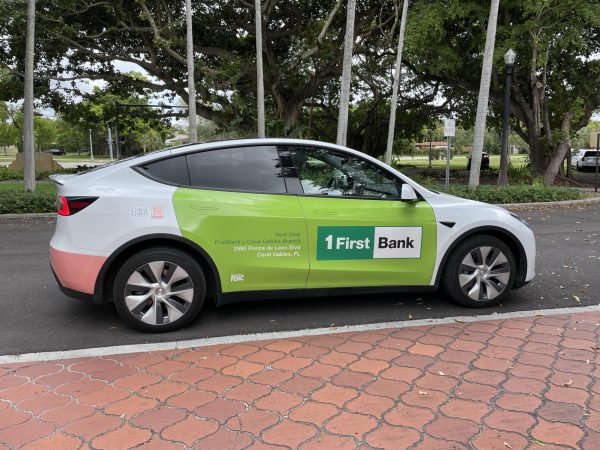Blue Wave Midterms: Will it Really Happen?
A “blue wave” of heavy democratic voting in the midterm elections may or may not be coming.
May 12, 2018
Following the 2016 presidential election, President Trump’s approval ratings were significantly below 50% and many people were extremely enthusiastic about the ability to toss out the current Republican Congress and vote in more Democrats for a majority. Over the past two years, this has been called “the blue wave,” with Senator Bernie Sanders going as far as to call it a “blue tsunami.” Throughout all this, polls have shown that Democratic congressional hopefuls were doing much better than their Republican counterparts, and that expected voter turnout for Democrats would be much higher than Republicans. All of this has been flipped on its head in the course of the last week and a half. Republican primaries have now happened, with strong candidates coming in. There is nothing like Roy Moore, who was accused several times of sexual assault, and Patrick Morrisey won over Don Blankenship, who was charged and convicted for the deaths of 29 people in a coal mine under his supervision. The polls are now much tighter with “53 percent of Democrats and 50 percent of Republicans now say they are ‘very’ or ‘extremely’ enthusiastic about voting for Congress this year” (Washington Times). All of this points to the fact that while support is strong for a Democratic Congress, the Republican counter-support for a continued Republican congress is just as strong, and that the promised blue wave might not happen yet.

Right after the election, all the Democrats were excited for the next election, but now all the Republicans seem to be excited for the midterms.
— sophomore Ty Almeida
It seems that for the past couple years, political parties have done an awful job of selecting people in primaries. For example, there was the entire 2016 presidential primary, with the Libertarian nominee Gary Johnson, who still probably doesn’t know what Aleppo is, and Hillary Clinton getting the Democratic nomination over Bernie Sanders, who had been favored to win over Trump at the time. Even in congressional elections for 2016, Republican Roy Moore was nominated, despite the fact that he was being accused of sexual abuse by several women at the time. This led to him losing the election and having a Democrat represent Alabama, a generally Republican state, in the Senate. This election cycle shows a separation from the norm, where candidates chosen to best represent their party will have the best chance of winning. This means that the people being nominated have to be more moderate in political views than before. This then begs the question: “even if the blue wave doesn’t happen, is it really a problem?” Of course, a democratic congress would be the favorable outcome for Democrats, but if Republicans in congress are more moderate, while liberal legislation is still unlikely to get passed, the conservative legislation would likely be less extreme, and is more likely to please people on both sides of the isle.
“To be honest, any kind of big political swing seems unlikely; people are probably just as likely to vote as they were before, regardless of what they say in polls,” freshman Justin Vazquez said.
Moving on to the topic of polling numbers, there is a very simple explanation. After the election, Democrats were really mad, and wanted Trump gone immediately, so they showed up in polls as extremely enthusiastic about voting in the primaries, while Republicans were significantly less excited. Now, however, Republicans seem to understand the threat of the blue wave, and are starting their own hype train, a red river if you will. This leads now to the red river and blue wave effectively cancelling each other out, and this election cycle most likely being like any other in terms of percentages, but likely with higher voter turnout than usual.
Ironically, this blue wave is the cause of its own demise. If it were less publicized and had less media attention, it might have persisted into the actual elections. Instead it only served to rally the Republicans against the cause, effectively cancelling it and the Republican answer out. Despite this, the overall quality of Republican nominees has increased, as they now have to compete against candidates with a voter base frenzied with excitement to get congress back.
[powr-poll id=57a8c9f9_1526159390098]
























